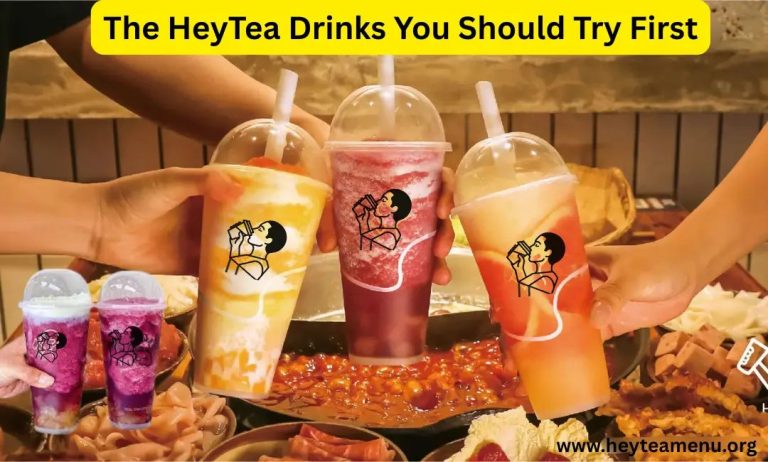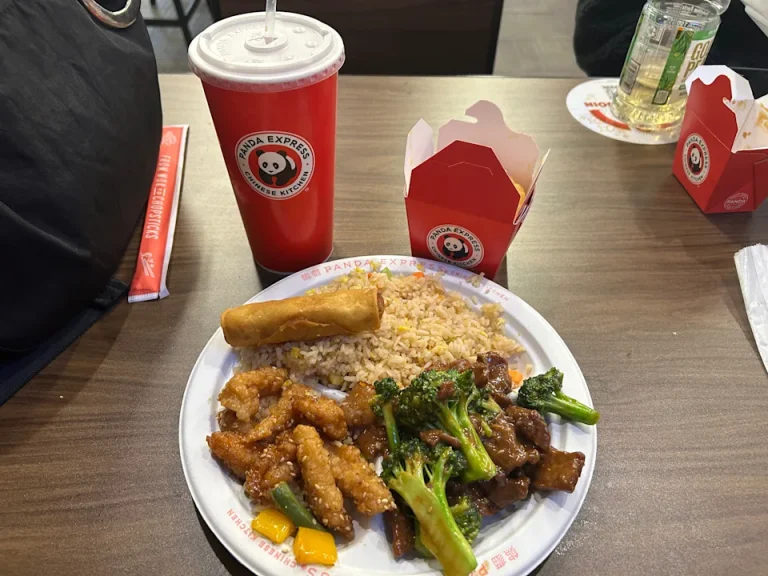Why Food Matters at Work
Food has always been more than just fuel. In modern workplaces, meals and dining experiences shape company culture, boost morale, and even influence productivity. Employees today expect more from their work environment than a paycheck. They want a sense of community, balance, and wellness — and the food provided at work often plays a central role in delivering that.
That’s where corporate dining services step in. No longer limited to a basic cafeteria line, these programs offer curated menus, flexible dining options, and wellness-oriented meal plans tailored to the needs of diverse workforces.
From Perk to Strategic Advantage
In the past, free coffee or the occasional catered lunch was considered a perk. Now, companies are realizing that dining is a strategic investment. Providing employees with high-quality, healthy meals reduces the time they spend off-site looking for food, encourages collaboration during mealtimes, and improves overall satisfaction at work.
Corporate dining has shifted from being an optional benefit to a key element in talent attraction and retention. For companies competing in industries where skilled workers have multiple options, offering thoughtfully designed dining experiences can set them apart.
Health, Wellness, and Performance
Nutrition and performance are directly connected. Employees who have access to balanced, healthy meals are more likely to maintain focus, energy, and resilience throughout the workday. Corporate dining programs often work with nutritionists to create menus that balance flavor with wellness.
Beyond just providing meals, dining services are increasingly aligned with wellness initiatives. Think plant-forward menus, allergen-friendly labeling, and transparent sourcing of ingredients. This reflects a growing awareness of how food influences not just productivity but also long-term employee health.
Customization and Flexibility
No two workplaces are alike, and neither are their dining needs. Some companies prioritize grab-and-go options to support busy employees. Others focus on creating sit-down dining spaces to foster collaboration and community. The beauty of corporate dining services lies in their ability to tailor offerings to the specific culture and size of an organization.
Flexible models are emerging — from on-site kitchens staffed with chefs to hybrid systems where meals are prepared off-site and delivered daily. Technology also plays a role: pre-ordering apps, QR-based menus, and cashless payment systems streamline the process while providing valuable data on employee preferences.
Sustainability in Corporate Dining
Sustainability has become a central theme across industries, and corporate dining is no exception. Many dining providers now focus on reducing food waste, sourcing locally, and offering plant-based options to cut down on environmental impact.
Composting programs, partnerships with local farms, and menu planning based on seasonal ingredients are becoming standard. Employees, particularly younger generations, value companies that show a commitment to sustainability — and food service is a tangible way to demonstrate that.
Dining as a Cultural Connector
Food naturally brings people together. In workplaces where employees may be spread across different departments or hybrid roles, shared meals offer a chance to connect. Corporate dining spaces often double as collaboration zones where spontaneous conversations spark new ideas.
For remote or hybrid companies, dining programs have adapted by offering meal credits, delivery partnerships, or virtual cooking events. The goal remains the same: use food to strengthen bonds and maintain culture, regardless of location.
Cost Efficiency and ROI
Some companies hesitate to invest in dining programs due to perceived costs. But when viewed as a long-term investment, the returns often outweigh the expenses. Reduced turnover, improved productivity, and enhanced employee engagement all contribute to a positive ROI.
Studies show that employees who feel their company supports their wellbeing are more likely to stay longer and perform better. Dining services, though seemingly small, are a visible and daily reminder of that support.
What Corporate Dining Services Look Like Today
Modern corporate dining covers much more than a hot lunch line. Offerings can include:
- Daily meal programs with rotating menus
- Wellness-focused options like vegetarian, gluten-free, and low-sodium meals
- Catering services for meetings, conferences, and events
- Tech integration for seamless ordering and payment
- On-site cafés and coffee bars to encourage informal collaboration
- Community initiatives such as themed food days or cultural cuisine events
By blending convenience, health, and cultural value, these programs elevate the workplace dining experience.
Employee Expectations Have Changed
Workplace perks evolve with cultural shifts. Once, having a ping-pong table was a symbol of a modern office. Today, wellness-driven offerings — including food — take priority. Employees expect companies to consider their health, convenience, and work-life balance.
Corporate dining programs directly answer this call by making healthy eating accessible and enjoyable. When employees don’t have to stress about where to find their next meal, they can focus more fully on their work.
Partnering with Experts
Managing dining in-house can be complex. It requires planning, staff, compliance with health codes, and constant menu updates. That’s why many organizations partner with dedicated providers like Corporate Dining Services. These experts bring not only culinary skill but also logistical expertise to design programs that align with each company’s goals.
By outsourcing to specialists, companies can deliver high-quality dining without stretching internal resources. The result is a seamless experience for employees and cost efficiency for employers.
The Future of Workplace Dining
Looking ahead, corporate dining will continue to evolve alongside workplace trends. Expect to see more:
- Personalization through data-driven meal planning
- Sustainable initiatives with zero-waste goals
- Tech-enabled experiences for convenience and customization
- Wellness integration linking food to broader health programs
- Remote solutions extending dining benefits to hybrid or off-site employees
These changes will reinforce food as an essential part of workplace culture and strategy.
Final Thoughts
Food at work is no longer an afterthought — it’s part of the employee experience. Corporate dining has become a way to invest in health, culture, and retention, offering benefits that extend far beyond mealtimes.
For companies aiming to build vibrant, productive workplaces, corporate dining services are no longer optional. They’re the future of how we eat, connect, and thrive at work.





